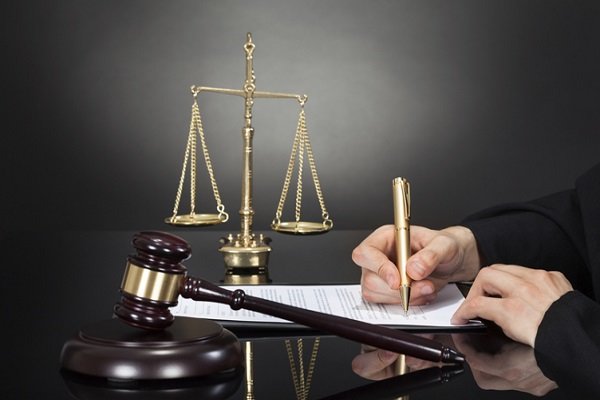Criminal behavior has been a topic of interest for psychologists and legal experts alike. Understanding the psychological factors that contribute to criminal behavior is essential for developing effective strategies to prevent and address crime. This article explores the intricate relationship between psychology and the law, shedding light on the motivations behind criminal behavior and the role of psychology in the criminal justice system.
Understanding Criminal Behavior

Psychologists have long studied the underlying causes of criminal behavior. They recognize that various factors such as genetics, environment, and individual characteristics can influence a person’s propensity to engage in illegal activities. For instance, certain genetic predispositions may make individuals more susceptible to aggression or impulsivity, increasing their likelihood of engaging in criminal behavior.
Environmental factors, such as poverty, family dysfunction, and exposure to violence, can also contribute to criminal behavior. Individuals growing up in disadvantaged environments may face a lack of opportunities, limited access to education, and exposure to criminal role models, increasing their vulnerability to engaging in criminal activities.
The Role of Psychology in the Criminal Justice System

Psychology plays a crucial role in the criminal justice system. It helps provide insights into the motivations, intentions, and mental state of offenders. By understanding the psychological factors that drive criminal behavior, law enforcement officials, attorneys, and judges can make more informed decisions regarding criminal cases.
Psychological evaluations and assessments are often conducted to determine an individual’s competency to stand trial and their mental state at the time of the offense. These evaluations can help determine whether an individual has a mental illness or disorder that may have influenced their behavior, potentially affecting their legal responsibility for the crime committed.
Additionally, psychological research assists in the development of effective crime prevention strategies. By identifying risk factors that contribute to criminal behavior, psychologists can help design interventions and programs aimed at preventing individuals from engaging in criminal activities.
Psychological Theories of Criminal Behavior
Several psychological theories have been proposed to explain criminal behavior. The psychodynamic perspective suggests that unconscious conflicts and unresolved childhood experiences can lead to criminality. According to this theory, individuals with unresolved issues may resort to criminal behavior as a way to express their repressed emotions or gain control over their lives.
The social learning theory posits that individuals learn criminal behavior through observation and imitation of others. This theory emphasizes the role of socialization processes, suggesting that individuals who are exposed to criminal behavior are more likely to engage in similar activities themselves.
The cognitive perspective focuses on how individuals perceive and interpret the world around them. It suggests that cognitive distortions and faulty decision-making processes can contribute to criminal behavior. For example, individuals with a distorted sense of morality may justify their criminal actions, believing that they are acting in self-defense or for a greater cause.
The psychology of criminal behavior and law is a complex and multifaceted field. By understanding the psychological factors that contribute to criminal behavior, psychologists and legal experts can work together to develop effective strategies to prevent crime, provide appropriate interventions, and make informed decisions within the criminal justice system.

